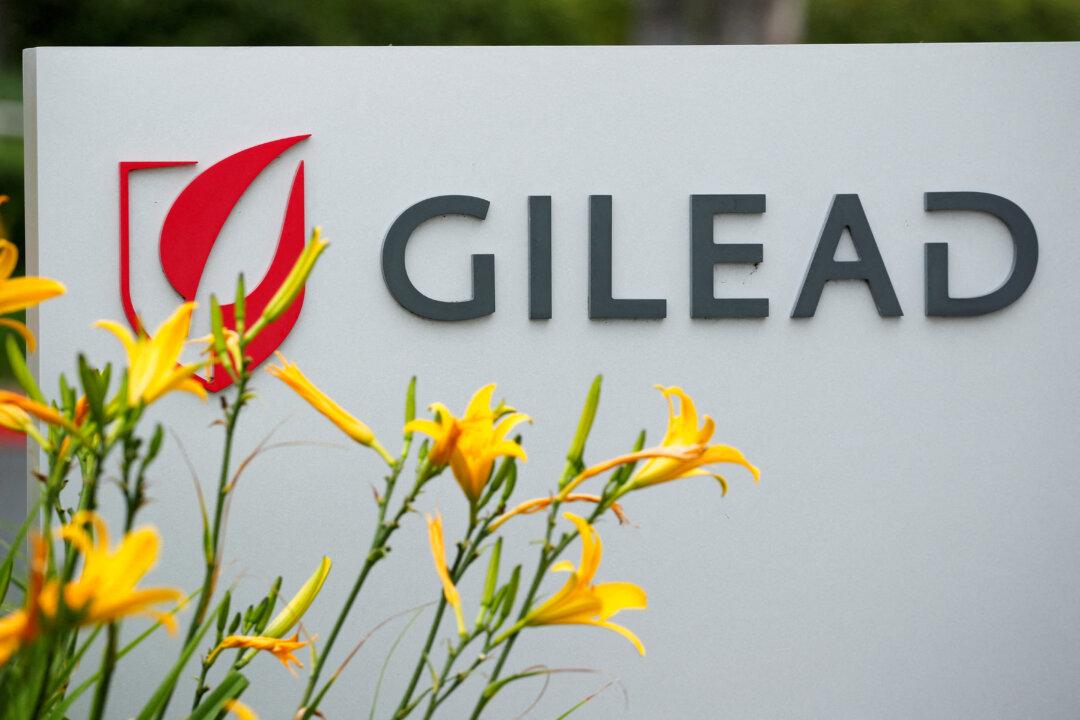California businesses could now face legal action for failing to develop an improvement on an existing product, after a Jan. 9 ruling by an appeals court affirmed a California-based pharmaceutical company delayed introducing a safer version of an HIV drug, which petitioners in a lawsuit alleged was due to maximizing profits.
Gilead Sciences, a global biopharmaceutical company based in Foster City, in the San Francisco Bay Area’s southeast region, received approval from the Food and Drug Administration (FDA) in 2001 for a life-saving HIV medication, which helps reverse and prevent damage to the immune system for those with AIDS-related illnesses.





